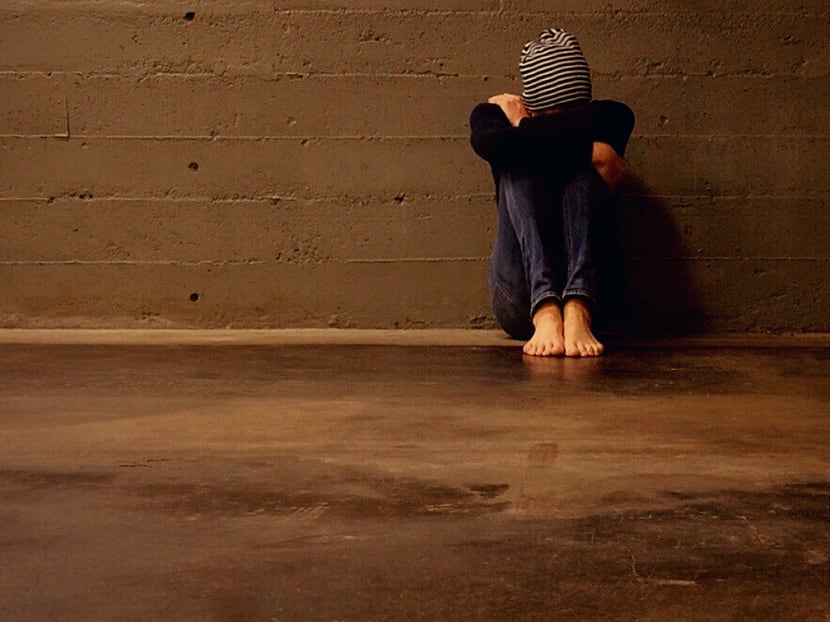Enhance protections against workplace sexual harassment for freelancers, self-employed persons

With no boss or human resource team to turn to, freelance workers or self-employed individuals do not get help easily when faced with workplace sexual harassment, a reader says.
I refer to the letter “Employees who encounter any form of workplace harassment ‘strongly urged’ to report it: MOM, Tafep” (Feb 8).
While the Tripartite Alliance for Fair and Progressive Employment Practices (Tafep) encourages victims of workplace sexual harassment to report such incidences to it, there is some lack of clarity on what self-employed individuals can do when faced with workplace harassment.
With the onset of Covid-19, many individuals, including my peers, began work as freelancers due to a shortage of permanent positions, particularly within creative industries.
Other self-employed persons opt for such work because of the flexible work hours — for example, if they are parents.
The recent survey by market research company Ipsos and the Association of Women for Action and Research found that the majority of workplace sexual harassment victims did not make reports, but of those who did, most reported it to a boss or senior person in the organisation.
For self-employed persons, there are no such reporting channels.
The recent case of alleged workplace sexual harassment faced by comedian Sharul Channa on Viswa Sadasivan’s programme Inconvenient Questions is a good example.
Ms Channa did not have a human resource team to turn to but she was able to call up the show’s producers.
Often though, freelance gigs involve individual clients and the victim would have no avenues aside from law enforcement.
On its website, Tafep shows various ways to seek help such as from the police and the National Trades Union Congress if you are a union member, and via civil remedies.
There is an online form that allows anyone to report workplace harassment — but with no specific mention of self-employed persons, it may not be clear to this group of workers that they have recourse to file a complaint through Tafep.
For employers, Tafep’s guidelines on dealing with freelancers focuses on drafting up a service contract, which should cover dispute resolution and mediation.
If there is a breach in the provisions in a contract, freelancers would have to seek help from the courts, which can be costly and time-consuming.
Some may take to social media to warn other freelancers about their harassers, but this may hurt their reputations and expose them to trauma, victim-blaming and other hurtful comments.
Freelancers’ reasons for choosing to report the incident or not may be different because they often depend on clients’ fees to survive and cannot afford to lose gigs.
This is especially crucial within creative industries, where networking and personal reputation are key in securing projects within a sparse pool of opportunities. It may hinder a woman’s career to be deemed “difficult” by others in her industry.
While I applaud Ms Channa for taking a public stand and calling out her alleged harasser, I recognise that not all individuals are equally capable of doing so.
I therefore hope that we can extend or enhance protections against workplace sexual harassment to self-employed individuals and freelancers, particularly with the rise of the gig economy in Singapore.
Have views on this issue or a news topic you care about? Send your letter to voices [at] mediacorp.com.sg with your full name, address and phone number.






